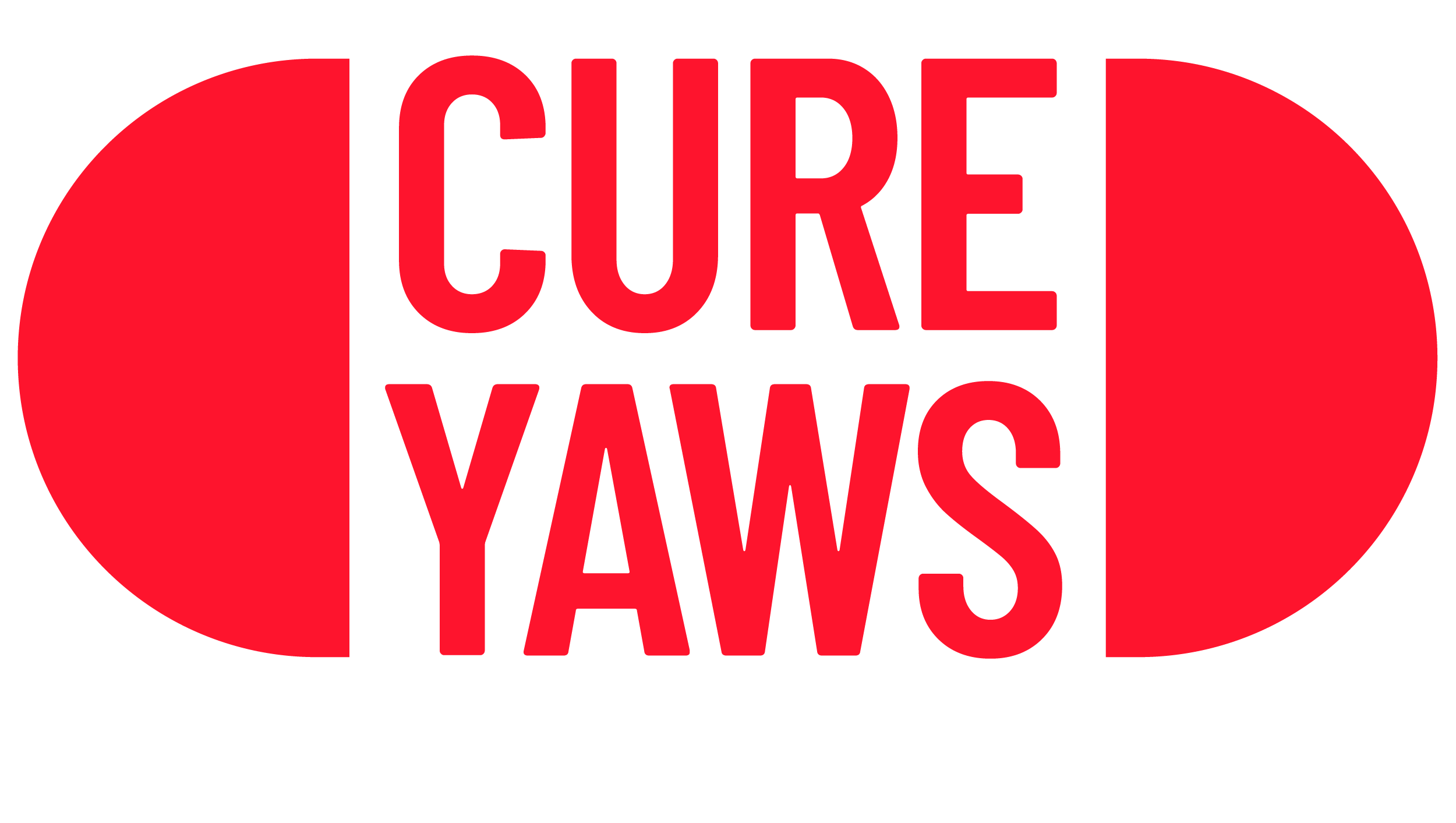
What is Yaws?

Yaws is a neglected tropical disease caused by the bacteria Treponema pallidum pertenue. Each year it affects more than 100,000 children between the ages of 5 and 15 in 13 endemic countries of West Africa, Southeast Asia, and the Pacific. It manifests in the form of painful ulcers on the skin, which are also a means of contagion of the disease. To prevent its spread, affected children cannot go to school or play with other children. Therefore, in addition to its physical impact, yaws causes stigma and economic sequelae, since the loss of months (or even years) of schooling limits the chances of those suffering from the disease to overcome poverty.
In advanced stages, yaws consumes the cartilages, causing disfiguration, and can affect the bones, generating irreversible disabilities. The disease challenges the development of entire communities, as adults who become disabled become an economic burden for their environment. Yaws reveals the existence of a circle between disease and poverty, according to which both components feed each other.